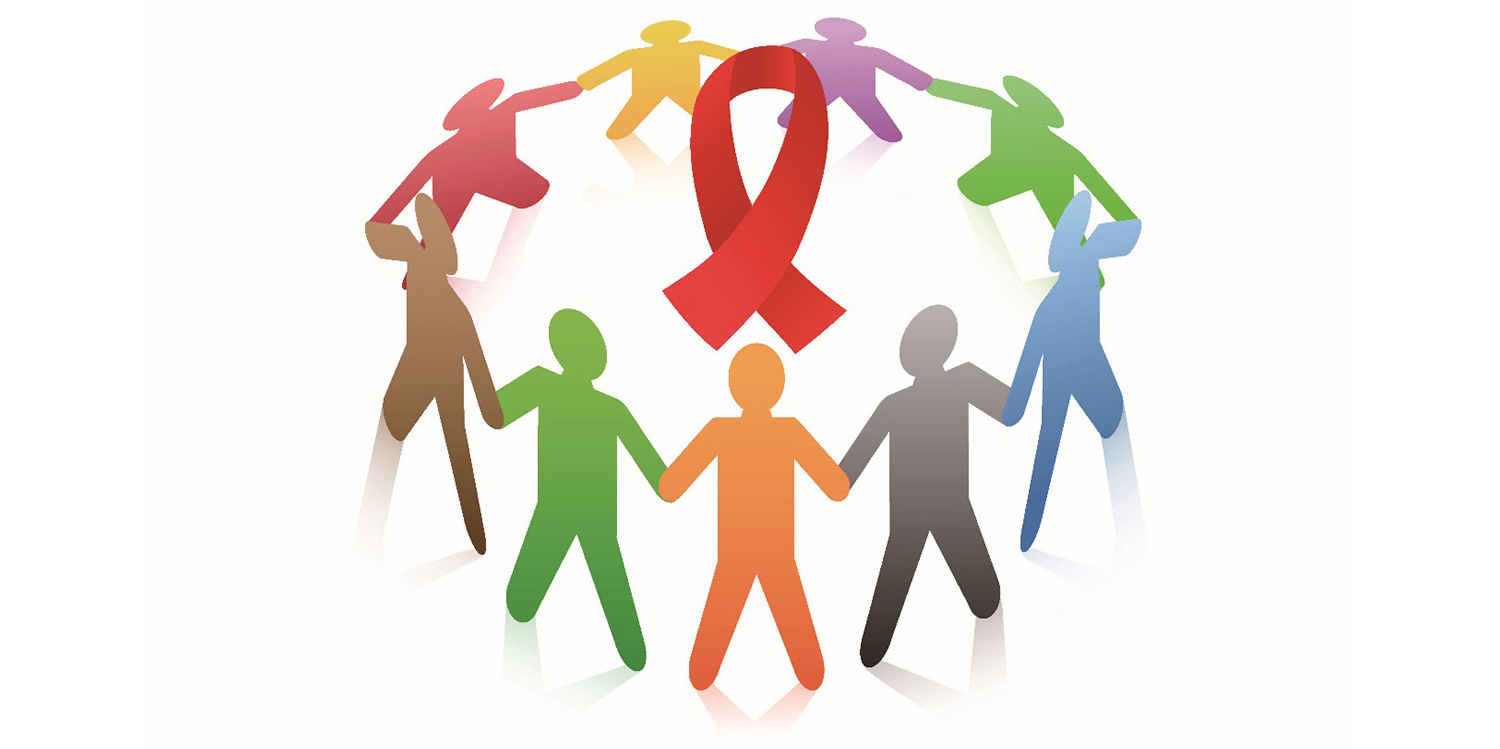
On October 28, COSMO co-hosted a joint webinar with Medinew, a leading medical marketing magazine with a large readership among the pharmaceutical industry. Highlights from the session have now been made available online as a Medinew seminar report (Japanese language only).
Setting out to establish answers to the event’s topic of “What Patients Expect of Pharmaceutical Companies on Appropriate Information Provision Today,” Mr. Yoshiaki Kaneko, CEO of Medinew’s operating company, Pharma Information Network, Inc., opened the webinar with a presentation on “Communication with Patients for Pharmaceuticals Marketing.”
“Promotion efforts have until now focused on improving disease awareness and patient education to increase sales, but due to changes in pharmaceutical companies’ business models and the impact of COVID-19, it is likely that we will see a shift toward more patient-centered promotion in the future. Business areas will also be required to broaden their scope from a focus on product offerings to information service offerings,” said Mr. Kaneko.
Findings and recommendations from COSMO’s “Patient Insight Report”
The next speaker, Tomomi Nagasawa, Managing Director of Cosmo Public Relations Corporation, spoke on the topic of “Patient Awareness and Behavior during Treatment Selection and Prescription: Results of a Survey of 300 Cancer Patients.”
In March this year, COSMO conducted a nationwide online survey of 300 male and female patients across ten major types of cancer in order to gain insights into how cancer patients select treatment options, as well as measuring the behavioral differences among patients with different types of cancers. Patient awareness and perceptions of 19 major pharmaceutical companies were also measured to understand how corporate reputation affects the selection of prescription drugs. The results were compiled and released in July this year under the title of “Patient Insight Report: Cancer.”
Speaking on the decision to undertake such a survey, Ms. Nagasawa explained, “In recent years, treatment options for cancer have increased. [New practices, including] informed consent, in which patients receive explanations from physicians and then decide whether or not to consent; or shared decision-making, where physicians and patients share information on evidence and decide treatment options together, are becoming mainstream. Healthcare is transitioning from a service that patients passively receive from their physician, to one that patients themselves understand and choose.”
Ms. Nagasawa then introduced key findings from the survey. For example, unmet needs when it comes to information may be inferred from the fact that while 80% of patients research treatment options, 30% cannot understand the information and still end up relying on physicians’ explanations.
When selecting prescription medicine, patients are concerned about negative news on drug manufacturers; they research manufacturers of any prescribed medication and assess the company’s reputation. This reveals patients’ desire to proactively select better treatment and implies that the reputation of pharmaceutical companies does affect to some degree patients’ evaluation of treatment options and effectiveness or safety of therapies.
Importantly pharmaceutical companies potentially stand to bridge the gap between healthcare and patients. Supporting patients’ understanding of medical information can help them to positively consent to treatments or actively decide on treatments and thus affect their level of satisfaction toward treatments.
The presentation then concluded with specific recommendations to help pharmaceutical companies fulfill their role of providing information to patients, divided into:
1. Two practical ways pharmaceutical companies can provide easy-to-understand medical information to patients.
2. Three essential elements expected of pharmaceutical companies at all times when developing corporate reputation and communicating messaging.

■ Interested readers who were unable to join the webinar or are interested in reviewing the information introduced may access the full Medinew seminar report available online here, which includes a selection of slides and graphs used during the presentation.
■ Cosmo PR’s Patient Insight Report: Cancer is available for purchase in both Japanese and English language. “The report offers detailed survey results on corporate reputation according to cancer type. It can be used to understand patient perceptions of pharmaceutical companies, including awareness levels and corporate image as manufacturers and distributors of cancer therapies. The report also provides detailed analyses of cancer patients’ thoughts and behaviors that offer valuable reference material for pharmaceutical companies when planning and implementing promotional activities.” – Medinew Japan.
Click here for an overview of the survey and details on how to purchase the report.
We’d like to thank you for your continued interest in Cosmo PR and encourage all our readers to share these links with others who may also find value in them. It is our hope that the webinar discussion, cancer patient survey, and report benefit as many people as possible.
<Topics>
COSMO announces Patient Insight Report at the 12th Japanese Association of Health Communication
The 12th annual conference of the Japanese Association of Health Communication was held online during September 26 – 27. Joining the “Communication with Patients and Families” segment, Cosmo PR offered a presentation on survey results from its Patient Insight Report, under a theme of “Search Behavior of Patients When Selecting Treatment Options and When Medication is Prescribed; Potential Effects of Corporate Reputation on Patients’ Selection Behavior.”





















